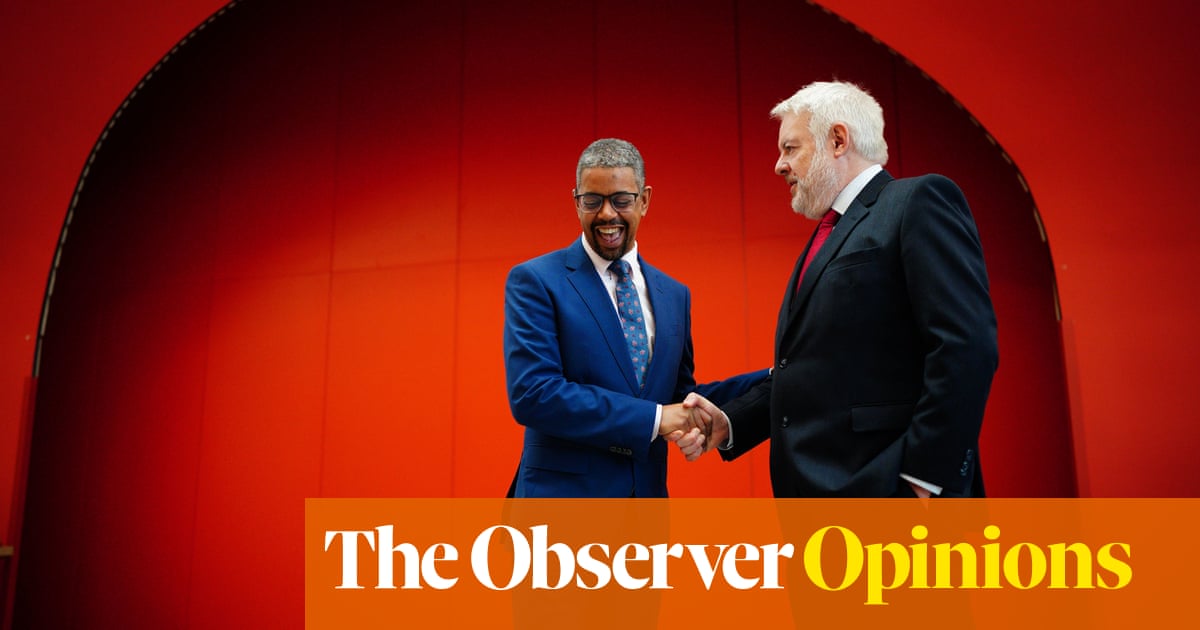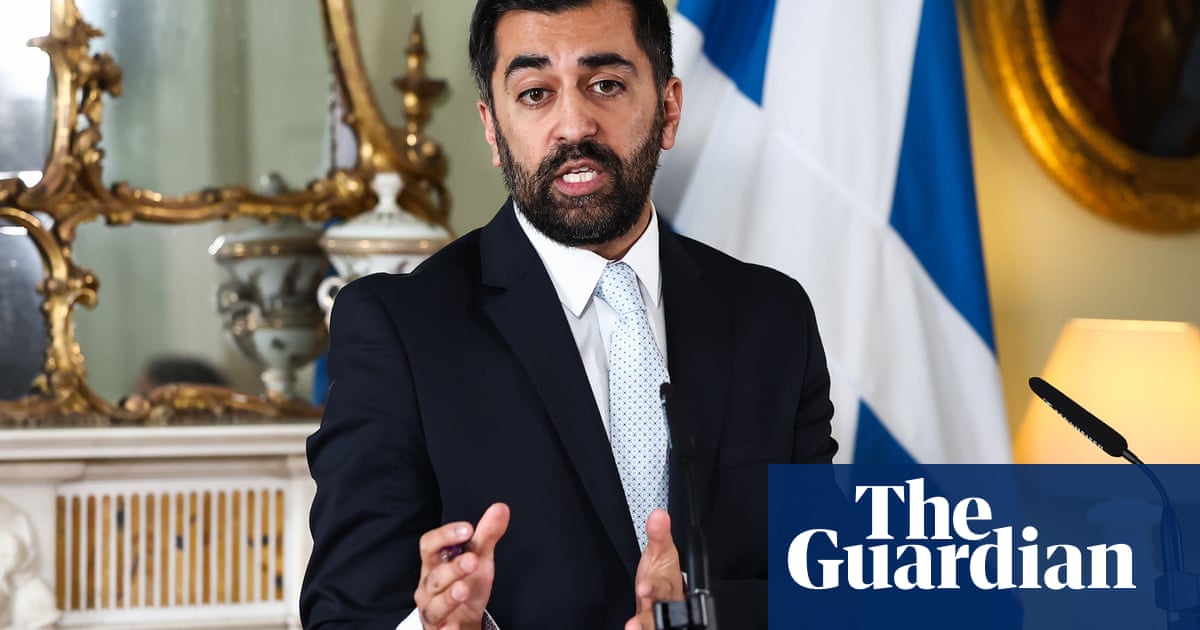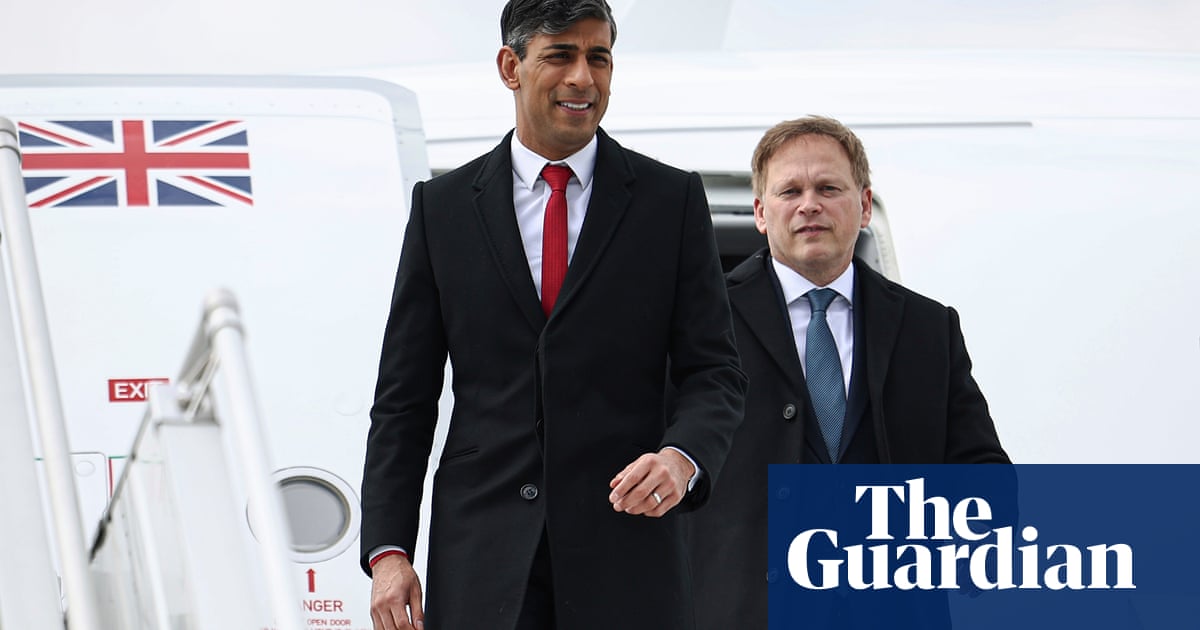Britain is not without its problems. But Vaughan Gething proves how diverse it really is | Sunder Katwala


As Welsh first minister, Vaughan Gething will become the first Black leader of a national government anywhere in Europe. Yet it will be no surprise that this has happened in Britain, where ethnic diversity right at the top has become the “new normal” so quickly as to produce the remarkable coincidence of ethnic minority leadership in Downing Street, Scotland and Wales.
Gething’s race, and the fact that his rival, Jeremy Miles, was gay, were incidental features of this party leadership contest that would not have been possible a quarter of a century ago. So Gething’s election does symbolise how much can change in a lifetime.
He arrived in Wales as a two-year-old, having been born in Zambia to a Welsh father and Zambian mother. That was a Wales deeply divided over devolution – and a Britain where every member of the House of Commons was white. Gething was a teenager when the 1987 quartet of Black and Asian MPs – Diane Abbott, Bernie Grant, Paul Boateng and Keith Vaz – gave the post-Windrush generation of Black and Asian Britons their first voice in public life. Yet even when Gething became the first Black president of the Welsh National Union of Students, there had never been a Black cabinet minister in Britain until Boateng reached the top table in 2002.
Black Welsh people make up 1% of the population. Gething is probably among the 1.5% who ticked the “mixed” ethnicity box on census day. So ethnic minority leadership in Wales and Scotland – countries that are 95% white – symbolises an important change. It is only possible once party selectorates and the general public believe that ethnic minorities can represent everybody, not primarily represent minority communities, in public life. Gething’s election shows we can leave behind outdated arguments about whether any nation, region or constituency is “ready” for an ethnic minority representative.
Gething and Rishi Sunak have different instincts about how to talk about race and representation. Sunak did not mention his British Indian ethnicity or Hindu faith on taking office. He believes confidence in Britain’s multi-ethnic democracy is best demonstrated by how little fuss people make about it. Gething believes in describing the arc of progress – “I’m not here because I am the first person to want to do this or the first person who is capable of doing this,” he told the Windrush Day 75th anniversary celebrations in Cardiff Bay last June.
Yet the tumultuous politics of the past week show that we still struggle to talk confidently about race. That Diane Abbott was not called to speak in the Commons – as the party leaders held a televised debate about racism against her – reflected the unwitting thoughtlessness that can be as significant as malign intent in unfair experiences, as Sir William Macpherson’s definition of institutional discrimination recognised a generation ago.
If ethnic minority leadership becomes normal, we can expect it to ebb and flow. It may retreat this year as Sunak, the SNP’s Humza Yousaf and now Gething struggle with the enormous pressures of high office and party revolts. But let us take some confidence in our diverse democracy’s increasing openness at the top in these polarised times – as long as we realise it does not do the spadework of inclusion and fairness on its own.
Source link




